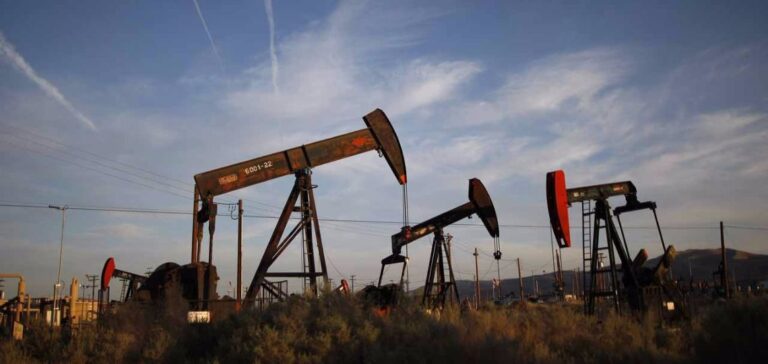Uganda is launching a new exploration phase in the Moroto-Kadam and Kyoga basins, located in the north and northeast of the country respectively.
This initiative aims to identify new hydrocarbon reserves, in addition to the 6.5 billion barrels already confirmed in the Albertine basin.
The country is thus positioning itself to increase its role in the oil market, by diversifying its sources of energy supply.
Initial geophysical studies suggest significant commercial potential, prompting the Ministry of Energy and Mining Development to step up exploration efforts.
This is part of a wider strategy to fully exploit the country’s energy resources to support economic growth and strengthen its energy sovereignty.
Infrastructure and financing challenges
Although promising, the development of new oil basins faces major challenges, particularly in terms of infrastructure and financing.
Projects to develop existing oil fields, such as Tilenga and Kingfisher, are still behind schedule, mainly due to differences over project management and fiscal constraints.
These delays have slowed drilling, with only 72 of the 457 wells initially planned. The key East African Crude Oil Pipeline (EACOP) project, designed to facilitate the export of Ugandan crude oil via Tanzania, is still awaiting financing.
Discussions with Chinese entities such as the Export-Import Bank of China (EXIM Bank) and the China Export & Credit Insurance Corporation (Sinosure) are underway to secure the necessary funds.
The outcome of these negotiations will be decisive for the continuation of the country’s energy infrastructure projects.
Impact on the regional oil industry
The discovery of new reserves in the Moroto-Kadam and Kyoga basins could reposition Uganda as a key oil supplier in East Africa.
By boosting its production capacity, the country could attract new investment in the energy sector and increase its competitiveness on the regional market.
However, the success of this expansion will depend on the government’s ability to secure financing and overcome logistical obstacles.
The development of the EACOP pipeline, in particular, is crucial for accessing international markets and maximizing the profitability of newly discovered reserves.
If financing is secured, Uganda could see a significant increase in oil production over the next few years, consolidating its position in the global energy sector.






















